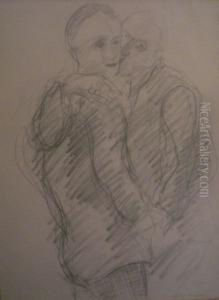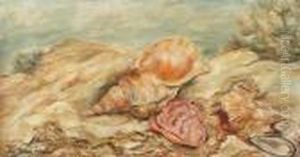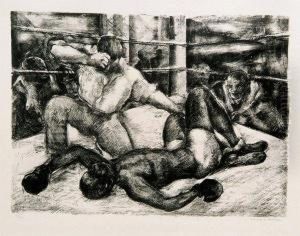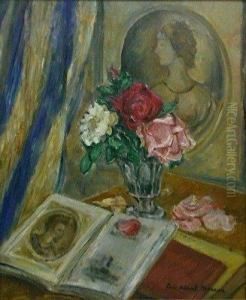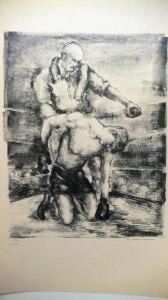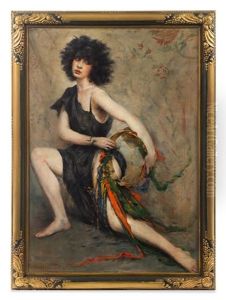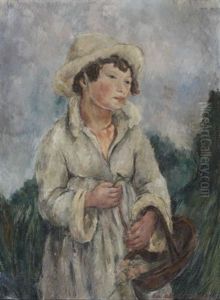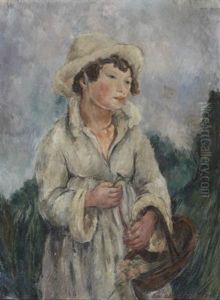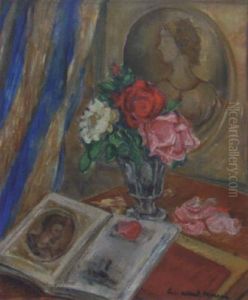Luc Albert Moreau Paintings
Luc Albert Moreau was a French artist known for his paintings, engravings, and illustrations. Born in 1882 in Pau, France, Moreau's artistic talent became evident at an early age. His education in art began in earnest when he moved to Paris, where he came under the influence of the vibrant artistic scene of the early 20th century.
Moreau's work was diverse, covering various subjects including landscapes, portraits, and urban scenes. He was particularly noted for his ability to capture the essence of modern life in France. His style evolved over the years, showing influences of Impressionism and later, elements of Cubism and other modernist movements.
The artist served in World War I, an experience that deeply affected him and influenced his subsequent artwork. After the war, Moreau's works began to reflect the disillusionment common among many artists of the time. His pieces from this period are characterized by a more somber palette and a focus on the human condition.
Throughout his career, Moreau exhibited his work widely, participating in shows such as the Salon d'Automne and the Salon des Indépendants, which were critical venues for avant-garde artists of the time. His works were appreciated by both critics and the public, and he enjoyed a successful career as both a painter and a graphic artist.
Moreau's contribution to the art world extends beyond his own creations. He was a respected teacher, imparting his skills and knowledge to a new generation of artists. His legacy is also preserved in the form of writings and critical essays on art, which offer insight into the artistic debates and philosophies of his era.
Luc Albert Moreau passed away in 1948, leaving behind a body of work that continues to be studied and admired for its reflection of the dynamic and tumultuous early 20th century. His art remains an important part of French cultural history and a testament to the enduring power of visual expression.
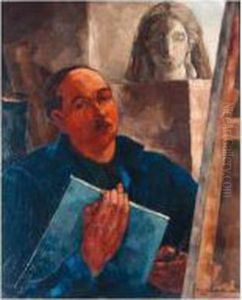
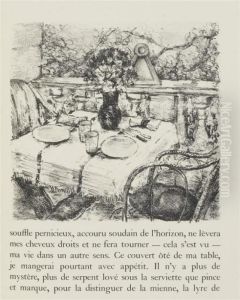
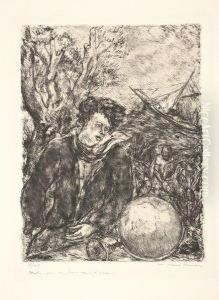
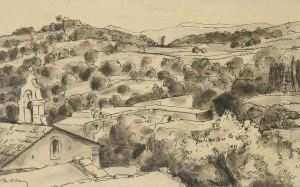
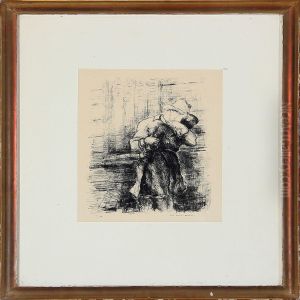
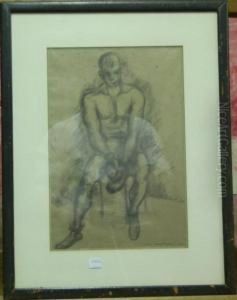
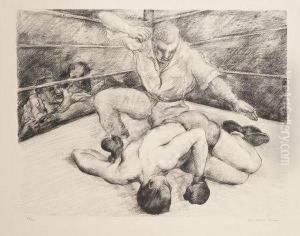
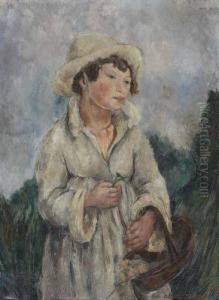
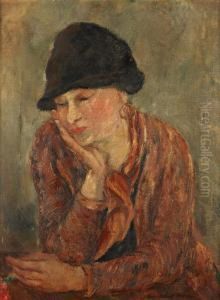
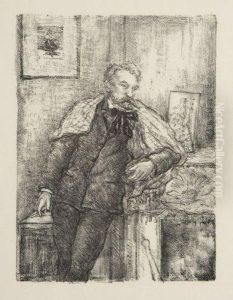
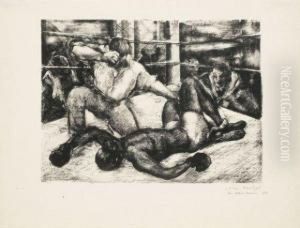
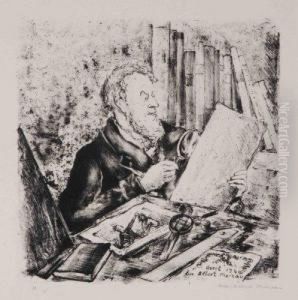
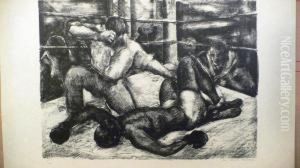
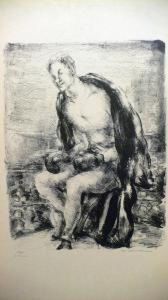
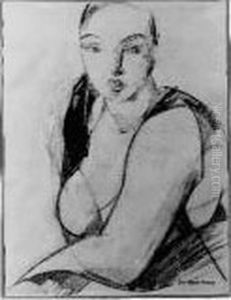
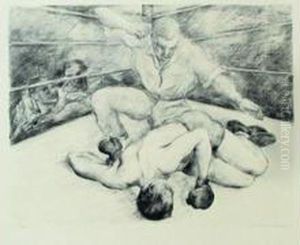
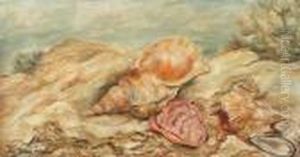
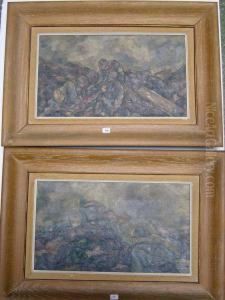
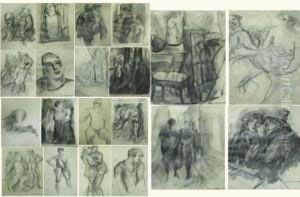
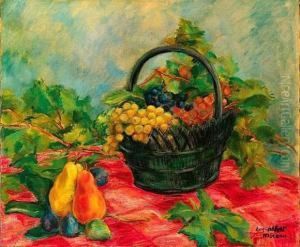
![[jeune Femme Souriante]. Vers 1930](https://www.niceartgallery.com/imgs/1493005/s/luc-albert-moreau-jeune-femme-souriante-vers-1930-4a07c503.jpg)
